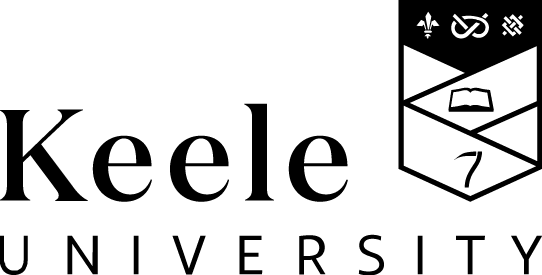Could AI Be the Answer to the Dengue Epidemic?
.jpg)
Every year Nepal is hit with a wave of Dengue fever, a viral infection that is spread through mosquito bites. Known informally as ‘breakbone fever’ it is incredibly painful and in extreme cases even fatal. And sadly the news broke this week that a total of five people have now died as a result of the virus, in the district of Tanahun.
This news comes with the disappointing confirmation that despite the end of monsoon season, infection rates are not decreasing as predicted and the total number who have been infected this year in that region alone has reached 5,310. Shockingly this number then increases to a staggering 23,127 with a devastating 14 deaths when we look at the country as a whole.
In response to the news, Damauli Hospital Chief, Paribartan Baral, confirmed that health workers are now going door-to-door to carry out checks and spread awareness in an attempt to combat what is now being described as a dengue epidemic. But the question remains, what can we do to stop this from continuing to be an ever-growing issue?
Could AI be the Answer?
As hospitals in Nepal and similar tropical regions around the world become overwhelmed with dengue patients, we are forced to ask ourselves what we can do in the future to stop this from continuing - and many people are turning to AI.
There are many ways that Artificial Intelligence can fight the outbreak of viral diseases - from prevention to detection, containment, and even treatment. AI has the ability to analyse records and reports to identify potential disease outbreaks and it can further develop predictive models so that society can respond promptly to emerging threats, allocate resources, plan vaccination campaigns, and implement containment strategies effectively.
AI-driven algorithms can also significantly accelerate the drug discovery process and development of vaccines. Currently, vaccines for dengue fever are only available for children who have previously had the infection. However, AI can identify potential treatments and vaccine candidates much faster than traditional methods, thus significantly speeding up the response to outbreaks.
Another great AI tool is being able to provide people with virtual help - which is something we all came to rely on during the Covid 19 pandemic. This includes contact tracing apps, Telemedicine, and AI chatbots that can disseminate accurate and up-to-date information to the public and more easily reach some of the more remote areas of the country.
The Future of AI in the Health Industry
In general, AI is really starting to make its mark in the health industry. NLP algorithms can extract critical information from medical literature and research papers which can help researchers and healthcare professionals stay informed about the latest developments and findings. AI can also assist in resource allocation by optimising the distribution of medical supplies, protective equipment, and healthcare staff based on real-time data and demand.
Looking into the future, however, the possibilities are endless - ranging from performing minor administrative tasks to AI-powered robots who could actually carry out physical jobs such as disinfection, sample collection, and the delivery of medical supplies in healthcare facilities.
However, while AI has shown great potential in the fight against viral diseases, it's essential to emphasise that it should work in conjunction with traditional public health efforts and not as a replacement. Human expertise, ethical considerations, and data privacy must always guide the use of AI in healthcare and pandemic response to ensure that it benefits society effectively and responsibly, and there is still a long way to go before this can happen.
If you wish to be a part of this future change, then why not consider our brand new BSc (Hons) Computer Science - Artificial Intelligence programme offered by The University of the West of England, UK? Click here to read all about it.
- by Marney Ryan








